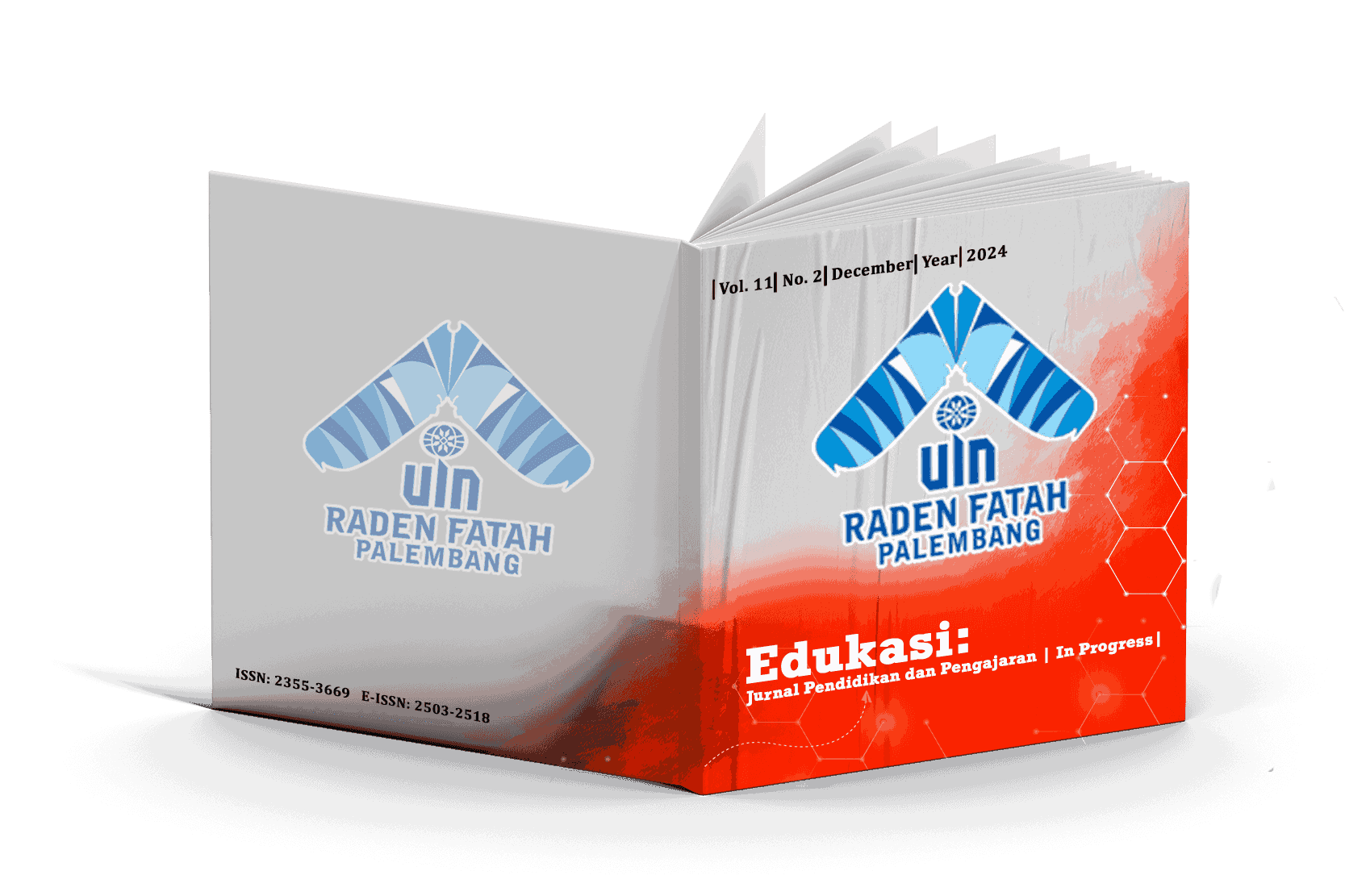Developing a Renewable Energy-Theme English-Speaking Module for Senior High School Students
DOI:
https://doi.org/10.19109/ejpp.v12i2.31039Abstract
Developing students' speaking competence remains challenging in English language teaching, particularly when lessons lack authentic contexts connecting learning to real-world issues. This study aimed to design and validate a web-based e-module integrating renewable energy themes to support Grade XI students' speaking skills while fostering ecological awareness. Guided by Content-Based Instruction and Eco-linguistics principles, this Research and Development (R&D) study followed the Borg and Gall model, conducted in two senior high schools (SMA N.1 Hinai and SMA N.1 Gebang) in Langkat, North Sumatra. Data were collected through expert validation sheets, questionnaires, classroom observations, and semi-structured interviews involving 60 students and 8 English teachers, then analyzed using descriptive statistics and thematic analysis. The development process encompassed expert validation, small-scale trials, and classroom implementation. Expert reviews confirmed high validity across content, language, and instructional technology dimensions (M = 90.35%, "highly feasible"). Practicality tests with students and teachers indicated the module was user-friendly, engaging, and contextually relevant (M = 87.6%). Findings suggest that embedding sustainability themes within interactive digital modules enriches language learning by providing meaningful contexts and enhancing engagement. This study contributes theoretically by bridging Content-Based Instruction with Eco-linguistic perspectives, and practically by offering an innovative model for English language teaching aligned with Sustainable Development Goals (SDGs). Future research should explore longitudinal impacts and adapt this approach across diverse educational contexts to maximize broader relevance and effectiveness.
Downloads
Published
Issue
Section
License
Copyright (c) 2025 Edukasi: Jurnal Pendidikan dan Pengajaran

This work is licensed under a Creative Commons Attribution-NonCommercial-ShareAlike 4.0 International License.
After the manuscript is accepted for publication, authors will be required to sign a copyright transfer form. Copyright will be transferred to State Islamic University of Raden Fatah, Palembang, South Sumatra, Indonesia, via e-mail. A copyright form will be sent to you via e-mail after the accepted manuscript has been submitted.











